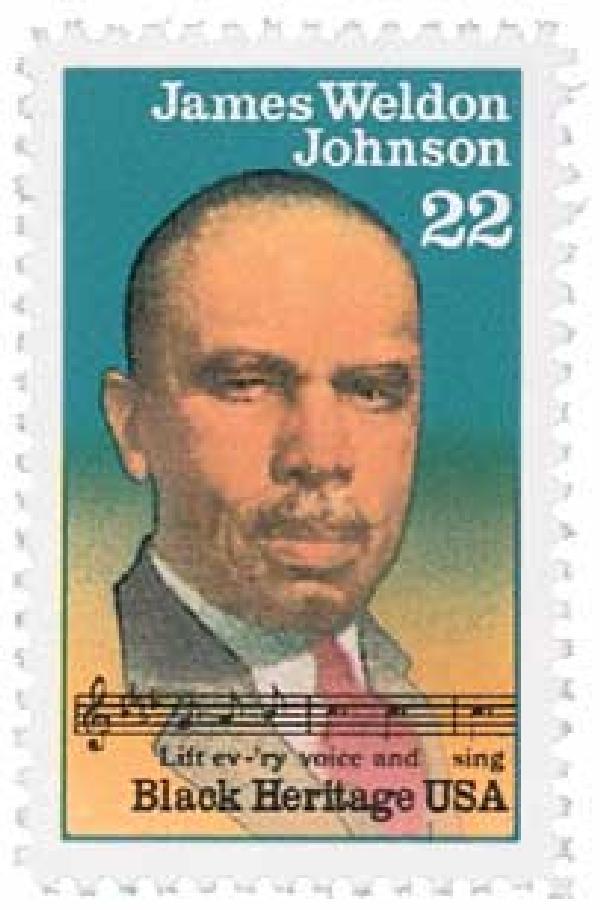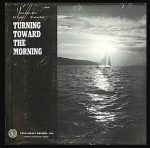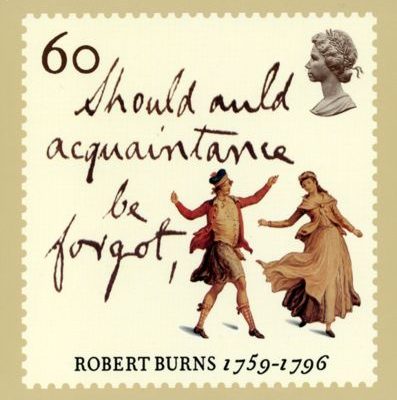 Independence Day has just passed, and our homeschool poem-of-the-week for this second week of July is a poem written just after the Revolution itself had passed and America was looking forward to a time of peace and prosperity: Phillis Wheatley’s “Liberty and Peace” (1784).
Independence Day has just passed, and our homeschool poem-of-the-week for this second week of July is a poem written just after the Revolution itself had passed and America was looking forward to a time of peace and prosperity: Phillis Wheatley’s “Liberty and Peace” (1784).
This is a somewhat difficult poem for modern students because it’s written in a classical style that, while popular in the eighteenth century, is out of fashion today. But that makes it a great decoding challenge for homeschool high-schoolers. You’ll want your students to have their comprehensive dictionary on hand and to mine it for uncommon usages (uncommon to our modern ears). Right at the beginning of the poem, for example, what does the word “port” mean in Wheatley’s third line? Your dictionary will tell you if you work down to the second sense of the fifth noun definition on page 1362: “a person’s carriage or bearing.” Freedom (personified) thus “moves divinely fair.” You’ll also want your students to recognize that Wheatley follows an old custom in capitalizing almost every noun, a practice that is still standard in modern German but that is no longer followed in modern English.
Liberty and Peace
Lo! Freedom comes. Th’ prescient Muse foretold,
All Eyes th’ accomplish’d Prophecy behold:Her Port describ’d, “She moves divinely fair,
“Olive and Laurel bind her golden Hair.”
She, the bright Progeny of Heaven, descends,
And every Grace her sovereign Step attends;
For now kind Heaven, indulgent to our Prayer,
In smiling Peace resolves the Din of War.
Fix’d in Columbia her illustrious Line,
And bids in thee her future Councils shine.
To every Realm her Portals open’d wide,
Receives from each the full commercial Tide.
Each Art and Science now with rising Charms,
Th’ expanding Heart with Emulation warms.
E’en great Britannia sees with dread Surprize,
And from the dazzling Splendor turns her Eyes!
Britain, whose Navies swept th’ Atlantic o’er,
And Thunder sent to every distant Shore:
E’en thou, in Manners cruel as thou art,
The Sword resign’d, resume the friendly Part!
For Galia’s Power espous’d Columbia’s Cause,
And new-born Rome shall give Britannia Law,
Nor unremember’d in the grateful Strain,
Shall princely Louis’ friendly Deeds remain;
The generous Prince th’ impending Vengeance eye’s,
Sees the fierce Wrong, and to the rescue flies.
Perish that Thirst of boundless Power, that drew
On Albion’s Head the Curse to Tyrants due.
But thou appeas’d submit to Heaven’s decree,
That bids this Realm of Freedom rival thee!
Now sheathe the Sword that bade the Brave atone
With guiltless Blood for Madness not their own.
Sent from th’ Enjoyment of their native Shore
Ill-fated — never to behold her more!
From every Kingdom on Europa’s Coast
Throng’d various Troops, their Glory, Strength and Boast.
With heart-felt pity fair Hibernia saw
Columbia menac’d by the Tyrant’s Law:
On hostile Fields fraternal Arms engage,
And mutual Deaths, all dealt with mutual Rage;
The Muse’s Ear hears mother Earth deplore
Her ample Surface smoak with kindred Gore:
The hostile Field destroys the social Ties,
And ever-lasting Slumber seals their Eyes.
Columbia mourns, the haughty Foes deride,
Her Treasures plunder’d, and her Towns destroy’d:
Witness how Charlestown’s curling Smoaks arise,
In sable Columns to the clouded Skies!
The ample Dome, high-wrought with curious Toil,
In one sad Hour the savage Troops despoil.
Descending Peace the Power of War confounds;
From every Tongue coelestial Peace resounds:
As from the East th’ illustrious King of Day,
With rising Radiance drives the Shades away,
So Freedom comes array’d with Charms divine,
And in her Train Commerce and Plenty shine.
Britannia owns her Independent Reign,
Hibernia, Scotia, and the Realms of Spain;
And great Germania’s ample Coast admires
The generous Spirit that Columbia fires.
Auspicious Heaven shall fill with fav’ring Gales,
Where e’er Columbia spreads her swelling Sails:
To every Realm shall Peace her Charms display,
And Heavenly Freedom spread her golden Ray.
Phillis Wheatley (ca. 1753–1784) is one of the most fascinating figures in American literature. She was born in western Africa and was sold into slavery as a small child. She was later purchased by a Boston merchant named John Wheatley, whose wife provided her with remarkable educational advantages for the time. Young Phillis evinced a talent for poetry and had her first verses published while she was still in her teens. She visited England in 1773 with John Wheatley’s son Nathaniel, and she was emancipated shortly after. She married and had three children during the 1770s, but all three died young, and during the great economic depression that followed the war, Wheatley herself also died, sadly at the age of only 31.
![[Phillis Wheatley]](https://riverhouses.org/wp-content/uploads/2019/07/wheatley-senegal-stamp-1971-182x300.jpg)
Taken as a whole, “Liberty and Peace” recounts the terrible experiences of the Revolutionary War, and then expresses happiness because “smiling Peace resolves [clears up] the Din of War” and America’s future of prosperity and freedom will be bright. The entire poem is written in couplets — rhymed pairs — sometimes called heroic couplets because they have often been used in long narrative poems about ancient heroes (and their modern counterparts).
A great ten-minute introductory lesson for this poem would be simply to have your students understand Wheatley’s geographical references, many of which are given in a personified classical style — understand those, and you’re better prepared to understand the poem as a whole. Columbia is of course America. (Take your pick of Italian explorers — Christopher Columbus or Amerigo Vespucci — and construct a feminine personification from the name, and voilà! you have named a continent.) Britannia is Britain and Albion is England, just as Galia (or Gallia) is France (ancient Gaul), Germania is Germany, Hibernia is Ireland, and Scotia is Scotland.
Those stylized national names appear frequently in literature and history, and if your students learn to recognize them here, they will be able to recognize them everywhere. (What can you now tell us about the Canadian province of Nova Scotia, or the Catholic men’s organization called the Ancient Order of Hibernians?)
Large understandings develop when many little lessons are all put together. Find an appealing little lesson in this poem and make it into a five-minute educational message in your homeschool this week.
What wonderful words and poetical productions have you been studying in your homeschool this Hercules Term? 😊
❡ Celestial Peace resounds: If a special line or turn of phrase happens to strike you in one of our weekly poems, just copy it onto your homeschool bulletin board for a few days and invite your students to speak it aloud — that’s all it takes to begin a new poetical friendship and learn a few lovely words that will stay with you for life. 🕊
❡ Explore more: A monument to Phillis Wheatley was placed on one of the main avenues in Boston in 2003. You can pay it a visit some day in your homeschool travels. 🗺
❡ Literary lives: The website of the Poetry Foundation includes biographical notes and examples of the work of many important poets (including Phillis Wheatley) that are suitable for high school students and homeschool teachers. ✒️
❡ This is a printable lesson: Down at the bottom of this post you’ll find a custom “Print” button that will let you create a neat and easy-to-read copy of this little lesson, and it will even let you resize or delete elements that you may not want or need (such as images or footnotes). Give it a try today! 🖨
❡ Here, said the year: This post is one of our regular homeschool poems-of-the-week. Print your own River Houses Poetry Calendar to follow along with us as we visit fifty of our favorite friends over the course of the year, and add your name to our River Houses mailing list to get posts like these delivered right to your mailbox every week. 📫
❡ Homeschool calendars: We have a whole collection of free, printable, educational homeschool calendars and planners available on our main River Houses calendar page. They will help you create a light and easy structure for your homeschool year. Give them a try today! 🗓
❡ Support our work: If you enjoy our educational materials, please support us by starting your regular Amazon shopping from our very own homeschool teaching supplies page. When you click through from our page, any purchase you make earns us a small commission at no extra cost to you. Thank you for helping us to keep going and growing! 🛒
❡ Join us! The aim of the River Houses project is to create a network of friendly local homeschool support groups — local chapters that we call “Houses.” Our first at-large chapter, Headwaters House, is now forming and is open to homeschoolers everywhere. Find out how to become one of our founding members on the Headwaters House membership page. 🏡




